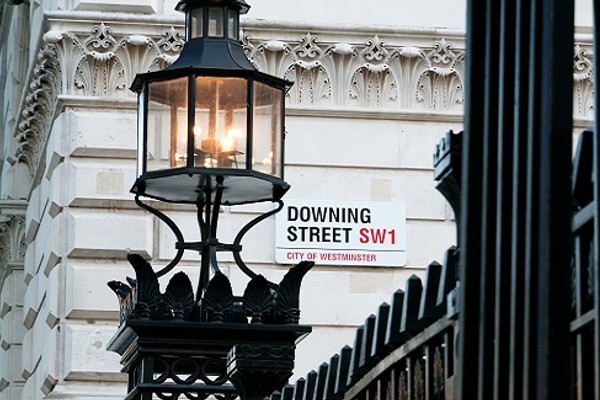The premise is simple. What happens in markets today will simply be a reflection of what has happened in the past – in some measure at least. Perhaps the same could be said of politics.
The surprise General Election result will have parallels in previous polls. It does no harm to look at what such events meant to markets. Of course, markets are very different today. We live in a global world these days and many of the restrictions that limited access to overseas markets have been swept away. Moreover, markets today are dominated by the professional investment community, while technological advances mean that news is translated into action on a more or less instant basis.
In less than a year two successive Conservative Prime Ministers took bets on the electorate shoring up their position to allow a more robust stance to be taken in matters European. Both lost. Some 40 years ago a Tory PM took a similar gamble. He, too, lost his bet.
In February 1974, faced with a miners’ strike which led to electricity shortages and a three day working week, Prime Minister Edward Heath went to the country to determine “Who rules Britain”. Sadly for him, the electorate determined it wasn’t him.
In 1970 Mr Heath had come to power with 330 seats out of a total of 630. This included the Ulster Unionists (the party was known as the Conservative and Unionist Party in those days). But in early 1974 the Unionists rejected the Tory whip in protest to the Sunningdale Agreement of the previous December which sought to impose power sharing in Northern Ireland. As it happened, faced with strong opposition from the Unionists, the agreement collapsed less than three months after the election.
Despite polling fewer votes, Harold Wilson’s Labour party pipped the Tories to the lead with 301 seats to Mr Heath’s 297. They ruled with help from the Liberals, led by Jerem y Thorpe, until a second election in October that year when they consolidated their position by gaining 18 seats. The Conservatives lost 20 in all. By then the House of Commons had expanded to 635 MPs. It wasn’t until 1983 that it increased further to its present tally of 650 seats.
It is somewhat ironical that Ulster Unionists, if I may describe the DUP in that way, are as crucial today as they were in 1974. So far as market reaction is concerned, we were in something of a mess economically speaking in 1974 and the uncertainty engendered by first a hung parliament and then a proper Labour administration with debts to pay simply accelerated the pace of a bear market already in place, following the disruption caused by the previous year’s Arab/Israeli war and the consequent quadrupling of the oil price.
This turned out to be the worst ever bear market in my experience, though a rapid recovery took place in 1975. Could these conditions be replicated today? Unlikely, given the much more international nature of our stock market but, make no mistake, this year looks like being fraught with uncertainty.
The nature of our Brexit deal is now up for grabs, while getting the final terms through the House of Commons is by no means a given. Domestic shares might suffer and investment plans could well be put on hold by a wide range of businesses. The situation needs to be kept under constant review and Heaven help us if a second General Election is called.



